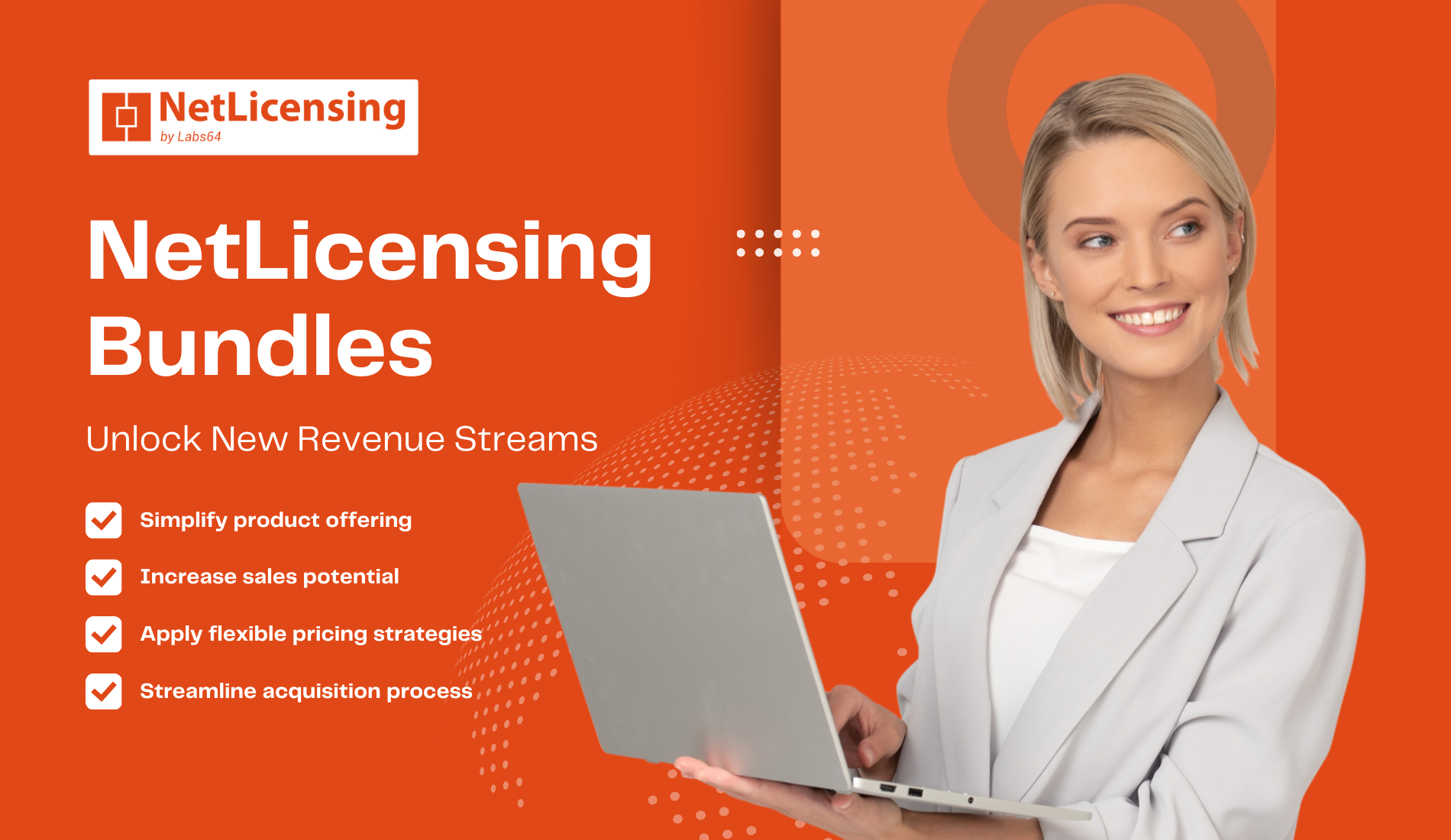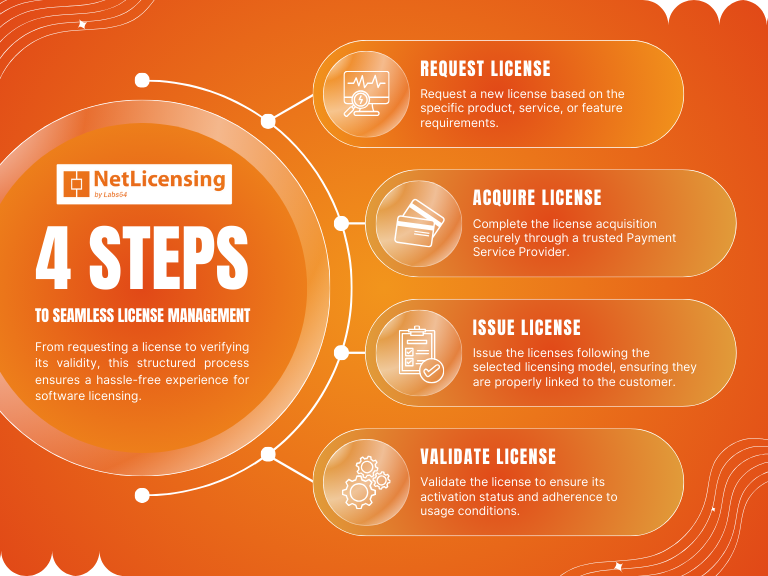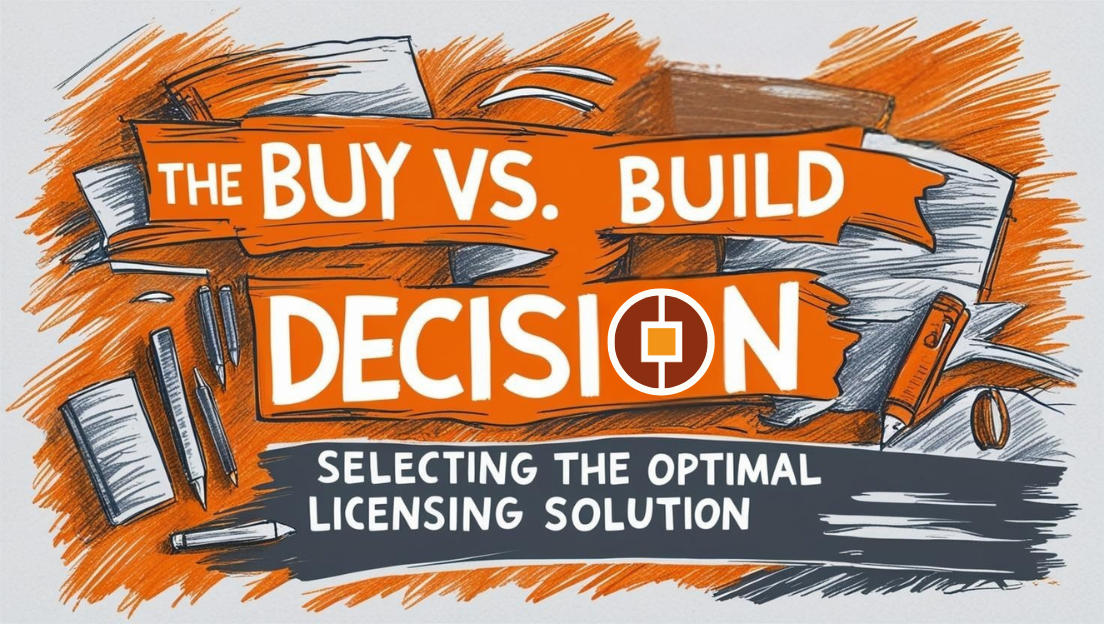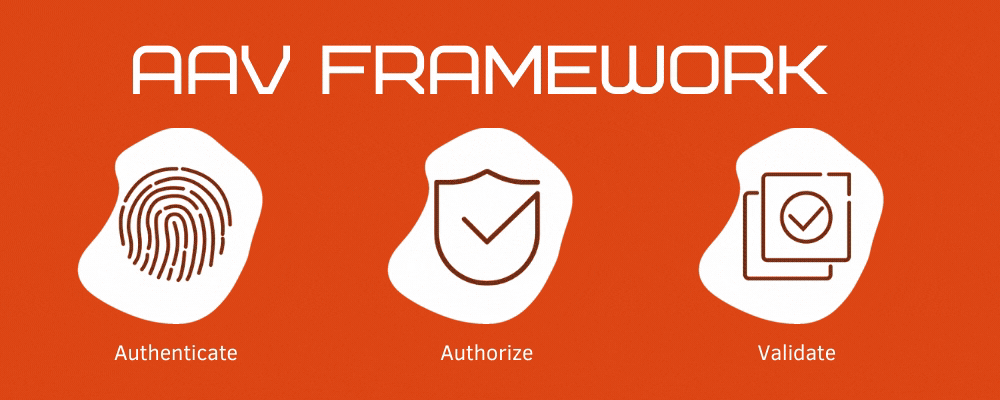Software Licensing Models – Personal, Node-locked
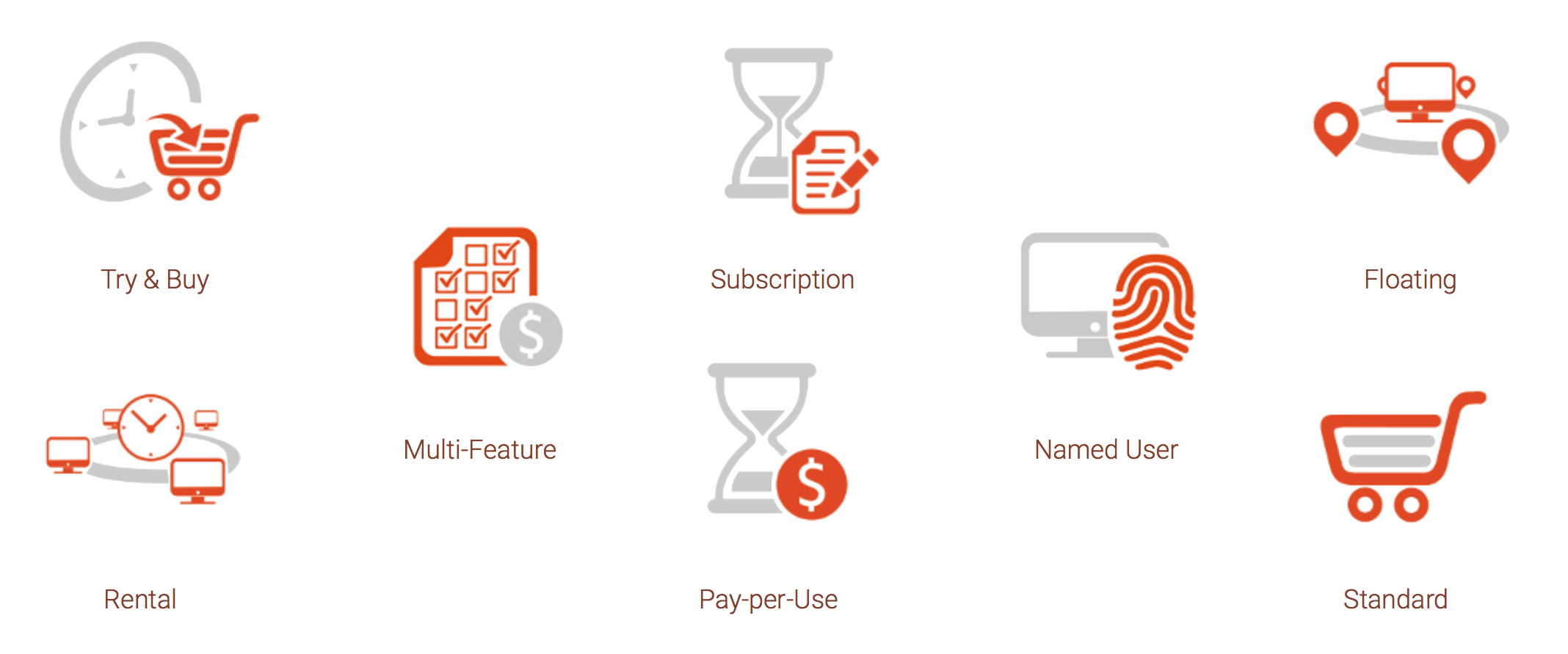
Hello and welcome to this next article in our ongoing series on software licensing types. It would be worthwhile reading the first post in this series before any others – but after that it doesn’t really matter in which order you read them! This article does follow on from the types of licenses discussed in the previous one, namely licenses which are likely to be used by your business customers.
In this article we will be looking at Named-user (personal licenses), Node-locked (named-host) and Node-locked counted licenses. As ever we will be looking at the specific uses of each type of license, exploring how it might be used by your customers and then comparing it to the other licenses under discussion.
Named-user (personal licenses)
This type of license is used for when a business wishes to grant the rights to specific users via their login ID. If your customers run a server set-up where each individual employee has their own user ID and password, this license type is certainly applicable. This is a little similar to the Floating over Network license discussed in the previous article in that it enables software to be available from multiple computers. The main difference here being that rather than a pre-set number of users being given access at any one time. It is limited to specific list of actual user logins.
This feature means that all of the users who are entitled to use the software can do so at any one time, it also means that they can access it from any computer connected to the network. This means that if your customers like to have flexible working spaces – they can.
Node-locked (named-host)
This is where a piece of software is licensed for use on a predetermined list of physical computers. This is useful for creating specific areas or ‘banks’ which have been set-aside by a business for a specific set of tasks. For example; a business which produces its own graphics may have a ‘Design Lab’ where a bank of computers will have specialist design software for use by the company’s employees.
It is also possible to apply this license type to an educational or training environment, where your customer may want to use a room of computers to help deliver education through specialist software or have specific educational editions of software on a pre-determined set of physical machines.
Node-locked counted
If you have a customer who needs to grant multiple members of staff access to a piece of software – but only want it to be done under secure conditions. Or where it is only applicable in a certain room in your customers building i.e. a specialist piece of presentation software which is not needed on any other machine then this license type may well be applicable.
It grants access to a pre-determined group of users on a single machine. This means that there is no need for a ‘special login’ to be created for use on that machine, as everyone can access it front their own accounts. This also saves on the hassle of having to transfer files between machines – instead saving them within each user profile.
As we have seen in this post, there is a significant potential for creative and effective use of group policies across a user group on a server when considering software deployment. There are many more potential uses for these license types beyond those which we have explored here.
We hope you have continued to find this series both interesting and informative.
Image Credits: Labs64

